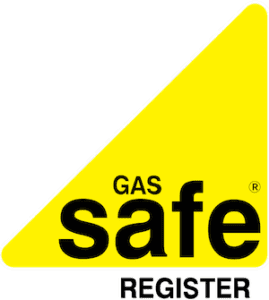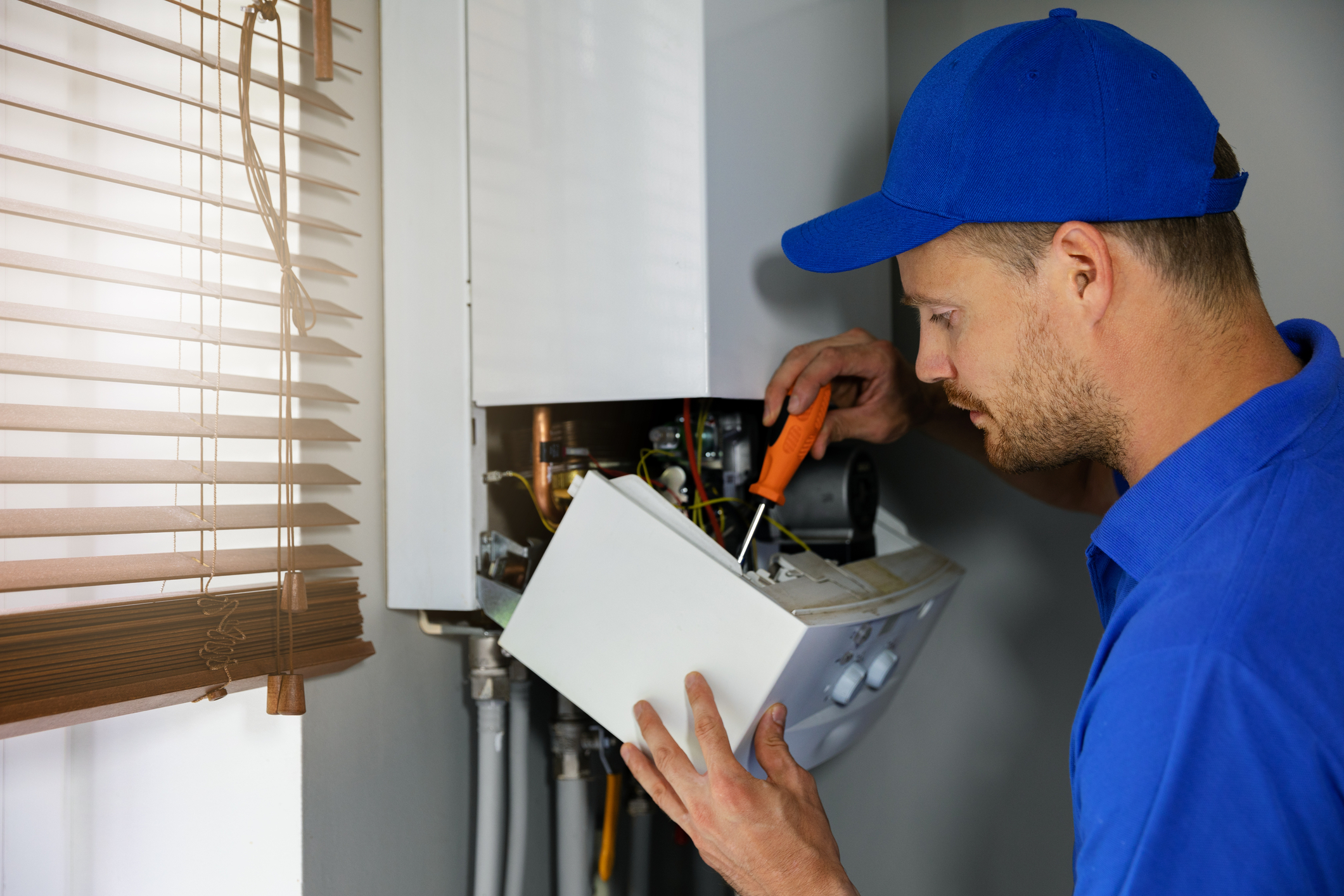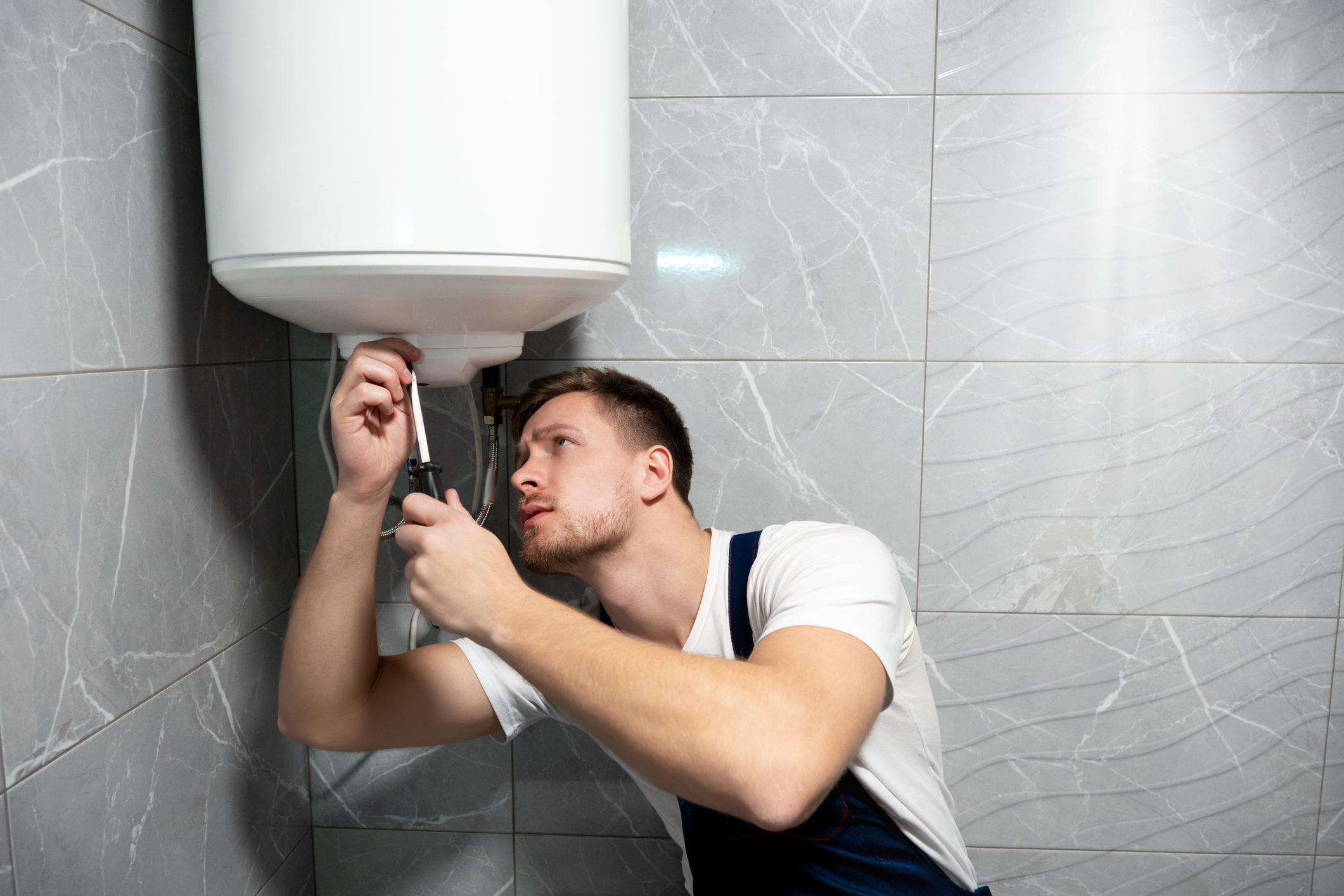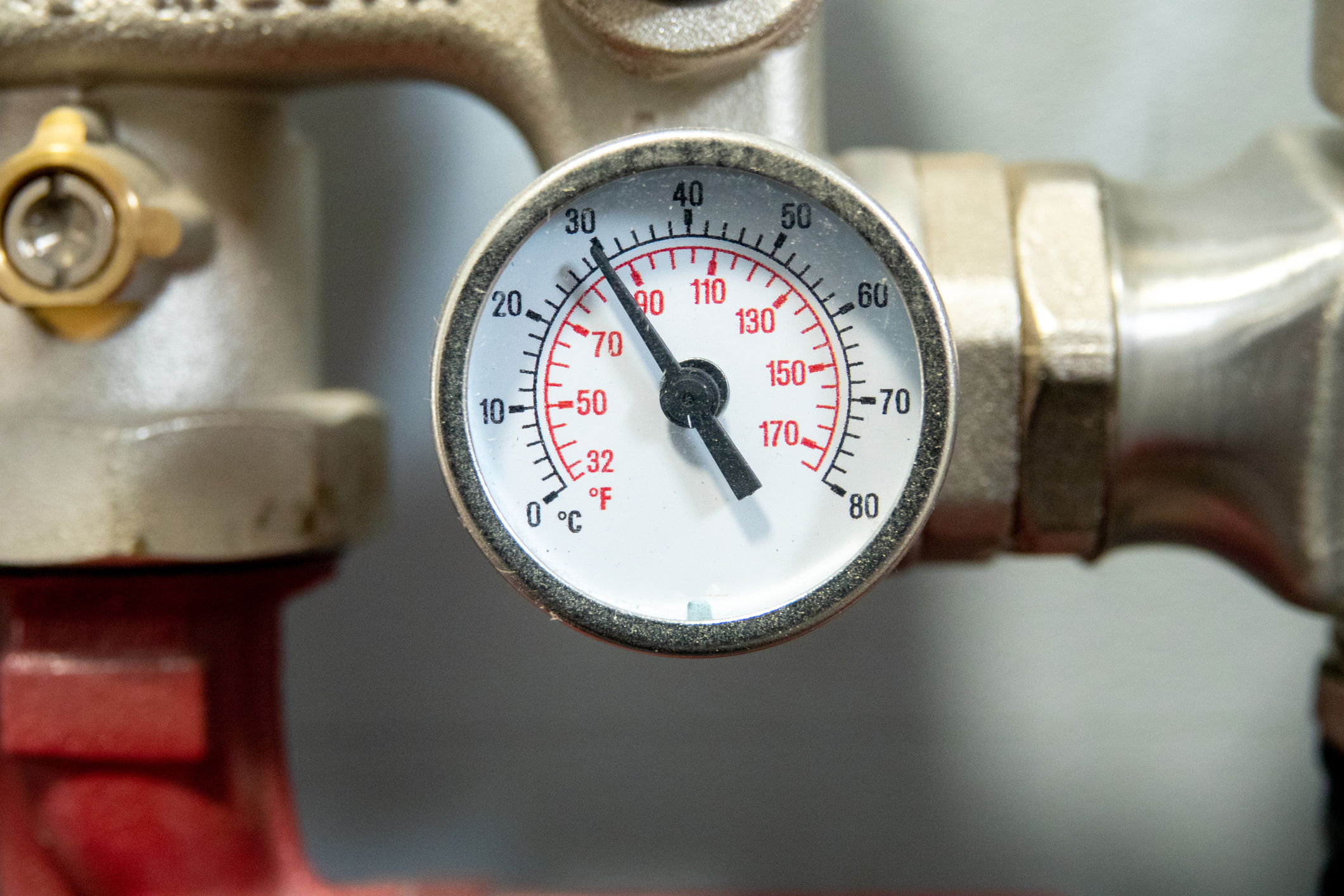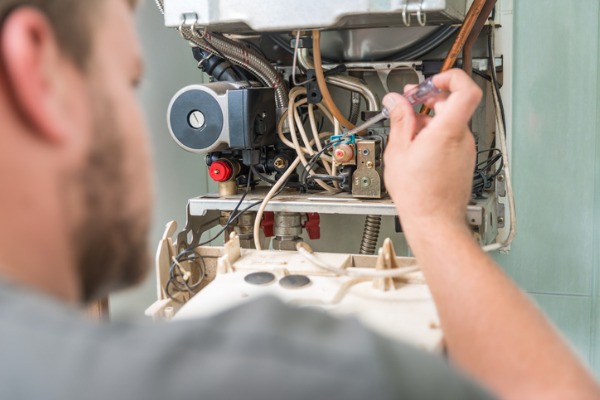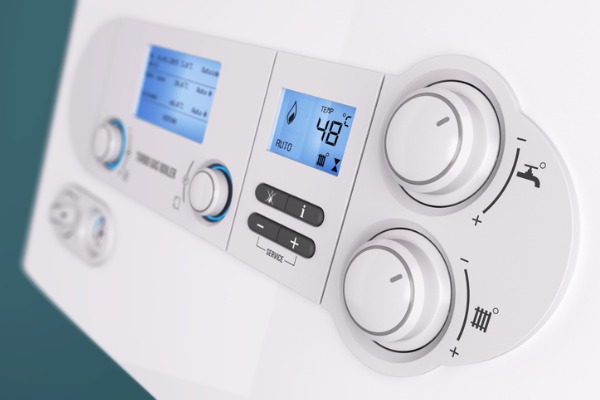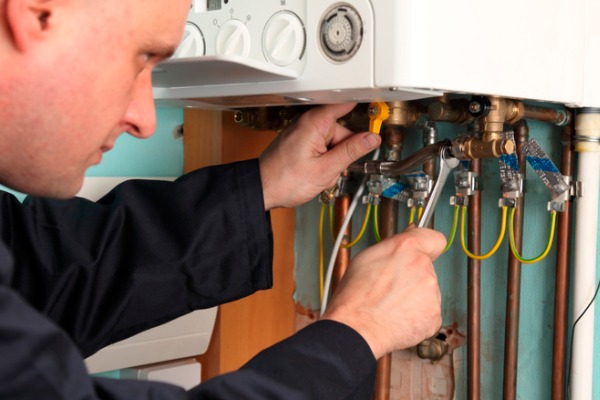In 2017, 18% of the UK faced winter with boiler breakdowns and had to dip into half of their savings to repair or replace their boilers. In 2019, 12% of homeowners prioritised renovations over boiler issues, and 24% of British citizens have never had their boilers serviced. The numbers may not be overwhelmingly high, but the fact that they are in the double digits and two years have passed without proper boiler knowledge is appalling.
Boilers are essential especially in countries where three out of the four seasons are unusually cold, especially in households who are temperature sensitive or have existing conditions that are aggravated by the cold. Before your boiler breaks, look into long term boiler maintenance. Anticipate the chill and avoid spending winters in houses with no centralised heating or hot water.
What is the average lifespan of a boiler?
While boilers are used almost on a day to day basis, we often neglect it. They are machines that are built to last, installed out of sight, and any hiccups seem to be only comprehended by an engineer. They aren’t like cars whose problems are easy to spot and experience. They aren’t like personal computers where we are taught to diagnose underlying issues. Without proper boiler service, the problems can accumulate and next thing you know it – you come home to a cold house in the middle of peak service season. The average lifespan of a boiler is 10-15 years. Top-rated boiler models are in the upper bracket of that range at 12-15 years. In homes with the top boiler brands and with regular service they can outlive the average at 20 years or more.
How often should a boiler be serviced?
No matter what you consult, the answer is the same: annually. Your boiler should be inspected and serviced every year. As heavy-duty as boilers are, they are frequently used, and they become less efficient over time. Boilers should be repaired before efficiency issues surface. The high fuel cost and the risk of carbon monoxide poisoning are two-pronged issues that can be avoided if they were taken care of early.
In the case of boilers with a warranty, how often should they be serviced?
If you have an active warranty with your boiler brand, it should be the same: annually. It is important to note that long-term warranties, the type that goes from 5-12 years, require a yearly boiler service to maintain validity. Without proper boiler maintenance, it is difficult to identify who is at fault. It protects you as well, so you can get a relatively worry-free replacement. When you purchase a new boiler, don’t forget to have the warranty registered within 30 days or it becomes invalid. Check the fine print!
What is done in a boiler service?
The hesitation in having boilers serviced probably stems from a lack of awareness of what is done when you ask for it. Your boiler service may vary depending on the brand and the manufacturer’s instructions, but generally, boiler service does seven things:
– Check boiler controls
– Check gas pressure and flow
– Check safety devices
– Check your boiler seals
– Check the main internal components
– Inspect the water and gas pipework
– Inspect the flue and combustion releases
Carbon monoxide (CO) detectors are not required as a household feature in the UK, though they are highly encouraged. A possible source of CO emission comes from your boiler. Since they are colourless and odourless, it is not easy to detect. The Gas Safe engineers aim to identify corrosion and leaks, clean boiler parts when necessary.
Where should I have my boiler serviced?
Seek out a reputable company. Boiler service needs to come from engineers who are registered with the appropriate authorising body: Gas Safe Register (GSR) for gas boilers that deal with propane and LPG and the Oil Firing Technical Association (OFTEC) for oil-based furnaces. On top of working with a reputable company when the engineer comes, be sure to ask for their ID. When it comes to heating, you want to ensure that you have the professional you need.
How much does it cost to service a boiler?
Similar to the purchase of your boiler, the service price may vary. Take note that the cost of the service and value of the materials/ fitting are separate and that these prices may inflate depending on your location. A conventional boiler may cost between £ 50-80, and high-efficiency boilers like the condensing and combi are between £80-160.
Can the cost be lower?
Yes! Boiler services may go down during the non-peak seasons, so late spring to the whole of summer. If you have availed of a service plan, boiler cover plan or have added your boiler to your homeowner’s insurance; these fees can come at a discounted price depending on your service provider.
You can also try to avail of the ECO’s initiative for affordable heating. You may be able to get a free boiler replacement or reduce the cost of repairing/replacing your boiler.
When should I have my boiler serviced?
As essential as it is for health and safety, consider your budget and try to set aside money to have it done during seasons when it is cheap. If you have a newly installed boiler, you can probably get away with holding on boiler service, but only when it is not financially feasible. When your boiler is five years older, and above, it becomes more urgent that you follow it up annually.
Is boiler maintenance worth it?
Boiler maintenance is worth it. It may seem like an unnecessary expense, but when it comes to public health and safety, you know what should be first. Besides keeping an eye out for potential issues, boiler service addresses problems as they come. By having steady efficiency, you can keep your heating bills low in the long-term. Yearly service means your warranty stays valid and breakdowns don’t have to eat up 50% of your savings to repair or replace. Call us for a quote!

